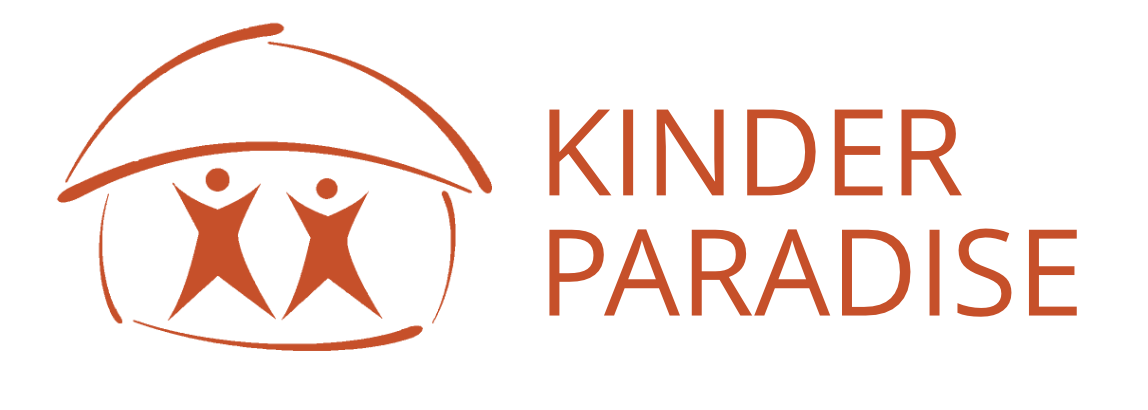Modal verbs sem 2
Modal Verbs List & Examples
Modals verbs are different from normal English verbs. We use modal verbs to express different meanings and reach different purposes.
Modal verbs do not take an ‘s‘ for the third person singular.
She musts walk her home everyday. ❌ (wrong)
She must walk her home everyday.✔️ (correct)
After ‘can’, ‘could’, ‘may’, ‘might’, ‘shall’, ‘should’, ‘ought to’, ‘will’, ‘would’, ‘must’,‘have to’, we use a bare infinitive (i.e. an infinitive without ‘to’).
We do NOT use a past form of a verb nor an -ing form.
I could to swim when I was nine.❌ (wrong)
I could swim when I was nine.✔️ (correct)
The infinitive can be active. When necessary, it can be passive.
For example:
The robbers may be caught soon.
Your money may be found soon.
I think this radio can be repaired.
Can/Could
Ability: Birds can fly. I can swim
Permission: Yes, you can go to the cinema.
He could ride my car, if he let me know earlier.
May/Might
Permission: You may see your friends now.
Possibility: It may snow tomorrow.
She might be really sick.
Shall/Should/Ought to
Future actions: We shall visit again next time.
Responsibility: They should bring their books to school.
You ought to ask for your father’s permission.
Will/Would
Future Actions: She will join our team next month.
Imagination: I would call Mary if I remember her number.
Must/Have to
Necessity: Human must eat.
Obligation: You must hand in your homework on time.
I have to help my mother tomorrow.

👉Modal verbs are always used in making requests, offers, permission and invitations.
Can/Could
Requests: Can you give me some water?
Asking people to do things: Could you wait her for a while?
Can/Would
Offering: Can I help you?
Offering/Inviting: Would you like a cup of tea?
Can/Could/May
Permission:
Can I speak to Mohammad, please?
Could I ride your bike?
May I come in? (more formal /polite)
